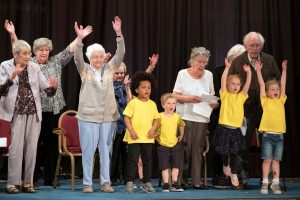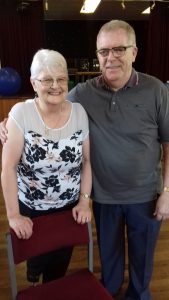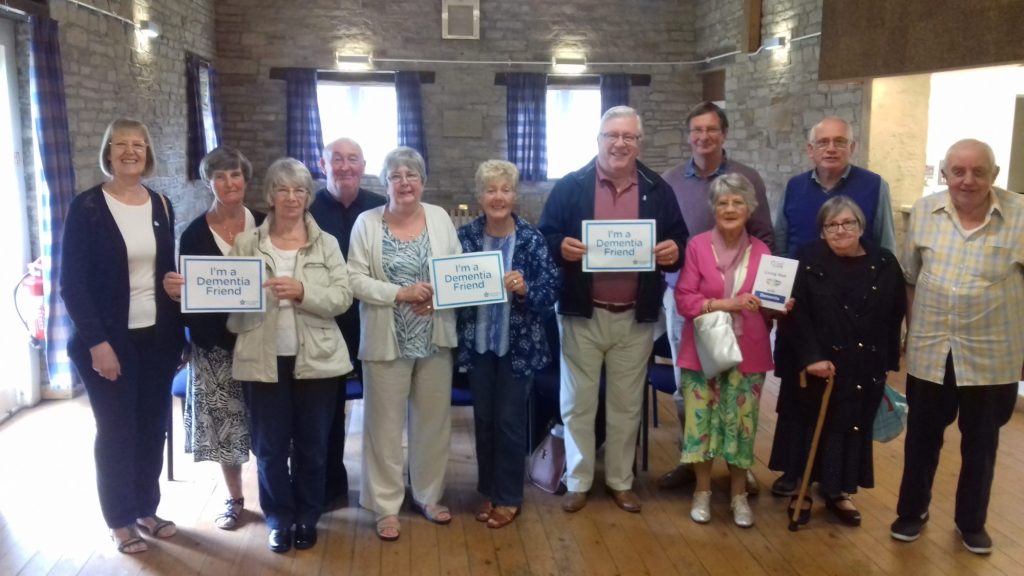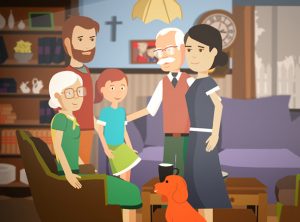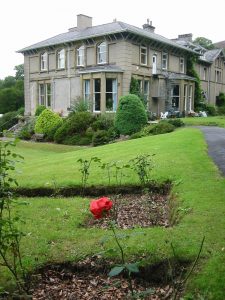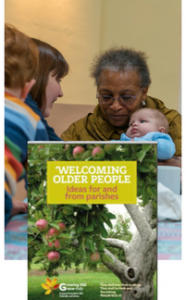As we age, or as our health deteriorates, we can make plans for what treatments we would wish to avoid or where we would like to be cared for. In a recent edition of The Tablet (26th May 2018), a palliative medicine pioneer explains that it’s often a surprise to patients and families that a frank discussion of dying can feel so helpful.
When I was working for MHA, a key part of the work of the Chaplaincy team in MHA Care Homes and Independent Living communities was the development of “The Final Lap” – a programme to train staff to support residents and their families as they explore what the last days of life will mean for them. My initial reaction at the time was shock, and the thought came to me “who wants to think about this?”. I came to realise this is my own fear talking, my own denial about a process that is as natural as birth. What I came to understand is that it it possible to respond to planning our dying in a positive and creative way. “The Final Lap” philosophy is based on 3 key principles:
- Create a culture that faces the reality of death openly, as part of human life, and to deliver support that makes it a more positive experience for everyone.
- Different people have different ideas about what makes a ‘good death’, so preparation and planning based around the individual’s wishes are important.
- Supporting someone who is dying can be difficult, but it can also be very rewarding. Final Lap training will help staff identify and address their support needs more effectively.
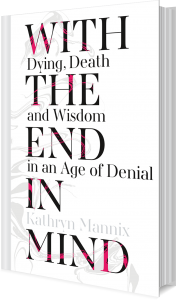 The Tablet article tells the true story of Ignatio, a man who is coming to the end of his life and finds relief and freedom in being able to talk about what he would like and, importantly, not like as part of his Advance Care Planning. The full article is behind a paywall here , and details about the author, Kathryn Mannix, and her latest book can be read here .
The Tablet article tells the true story of Ignatio, a man who is coming to the end of his life and finds relief and freedom in being able to talk about what he would like and, importantly, not like as part of his Advance Care Planning. The full article is behind a paywall here , and details about the author, Kathryn Mannix, and her latest book can be read here .
Our parishes have an important role in helping us ‘pack for the journey’. The Church offers hope and comfort because it is rooted in the belief that God made us to enjoy eternal life with Him. We are blessed with some special prayers and sacraments that give meaning to sickness and death.
Growing Old Grace-fully are thinking about offering a short session to parish groups on planning your Catholic funeral. This session will also offer the opportunity for people to start to explore some of the deeper questions and considerations for a parish in helping people think about their own end of life wishes. Is this something you think your parish might be interested in? Please get in touch with Rachel at growing.old.gracefully@dioceseofleeds.org.uk or call 07702 255142 for a chat.


